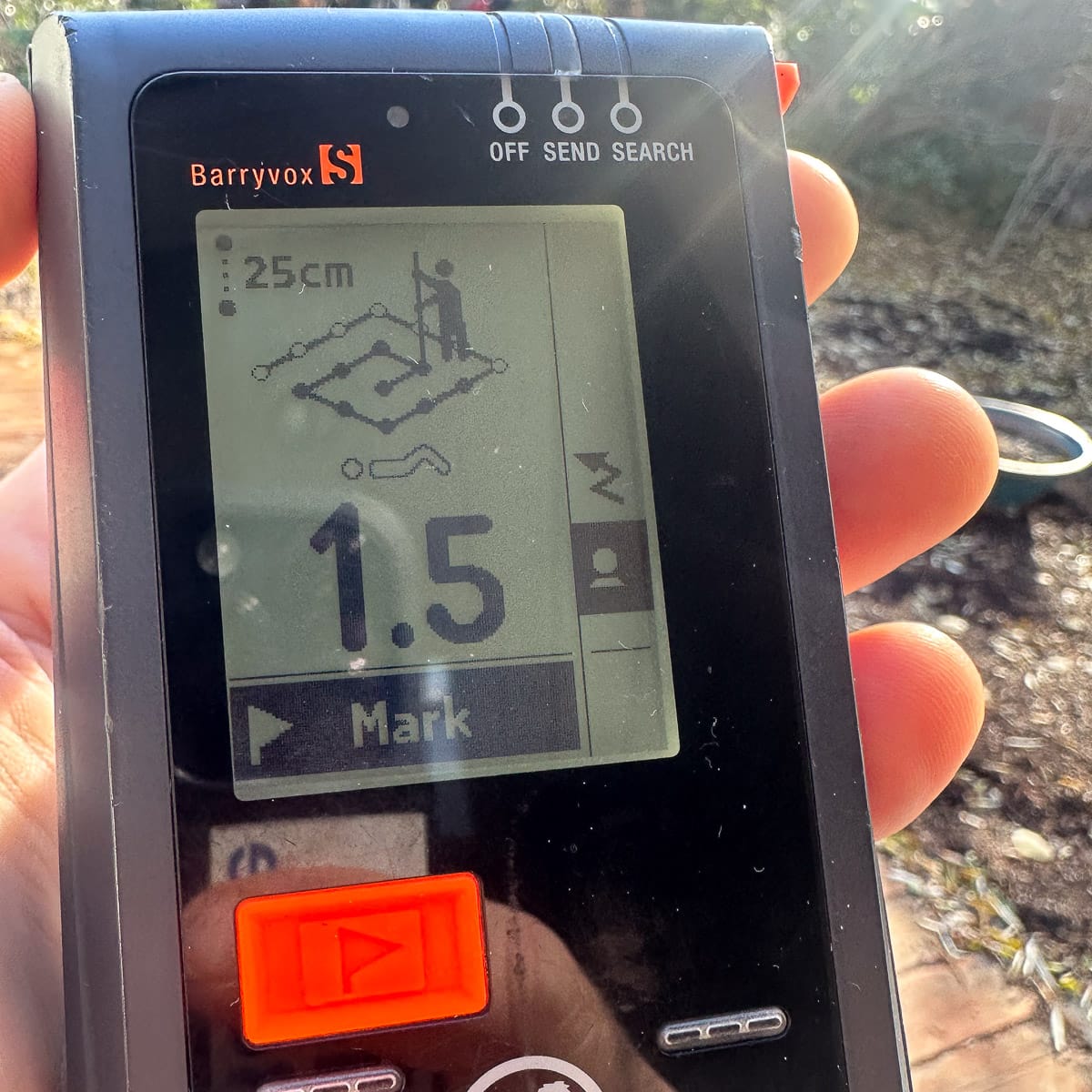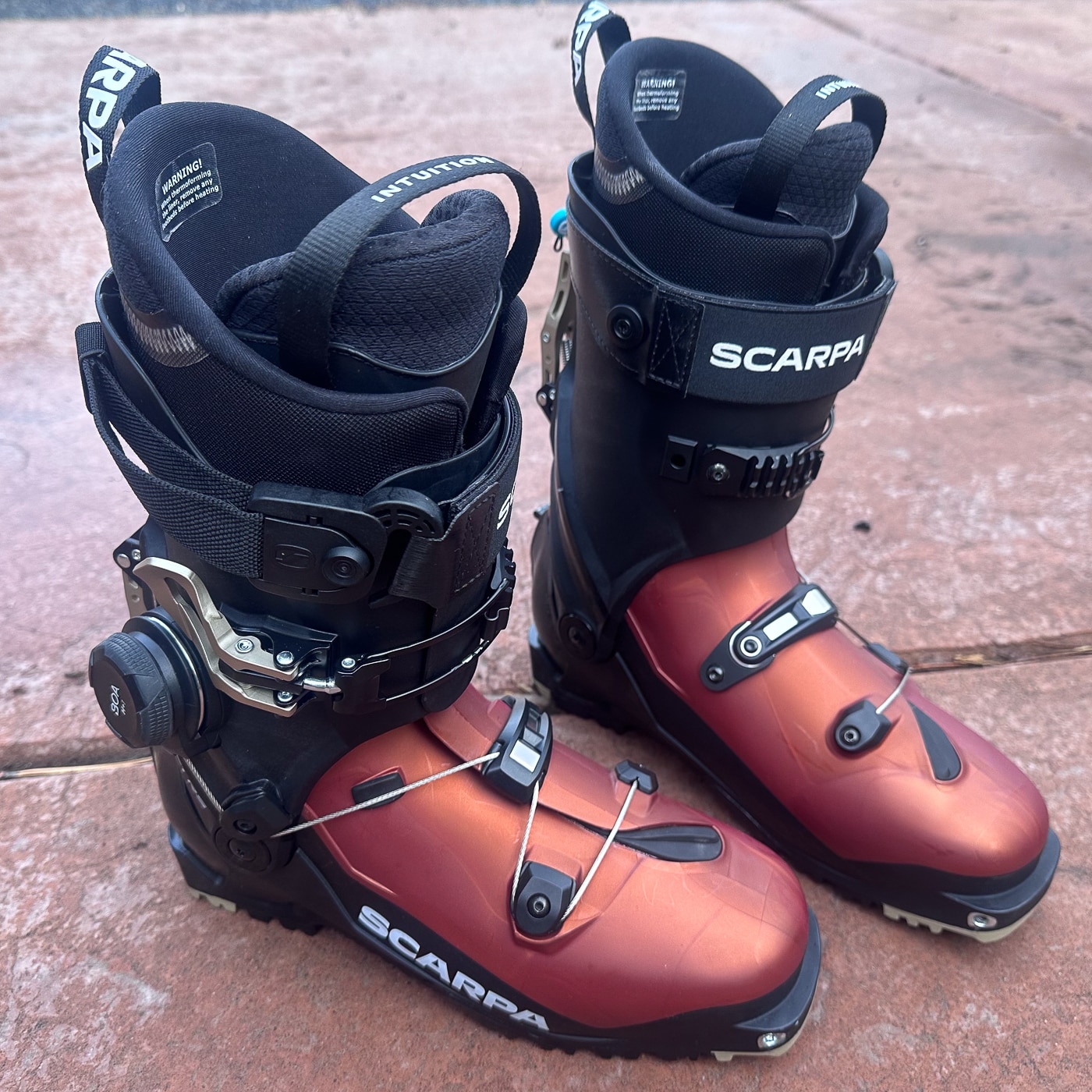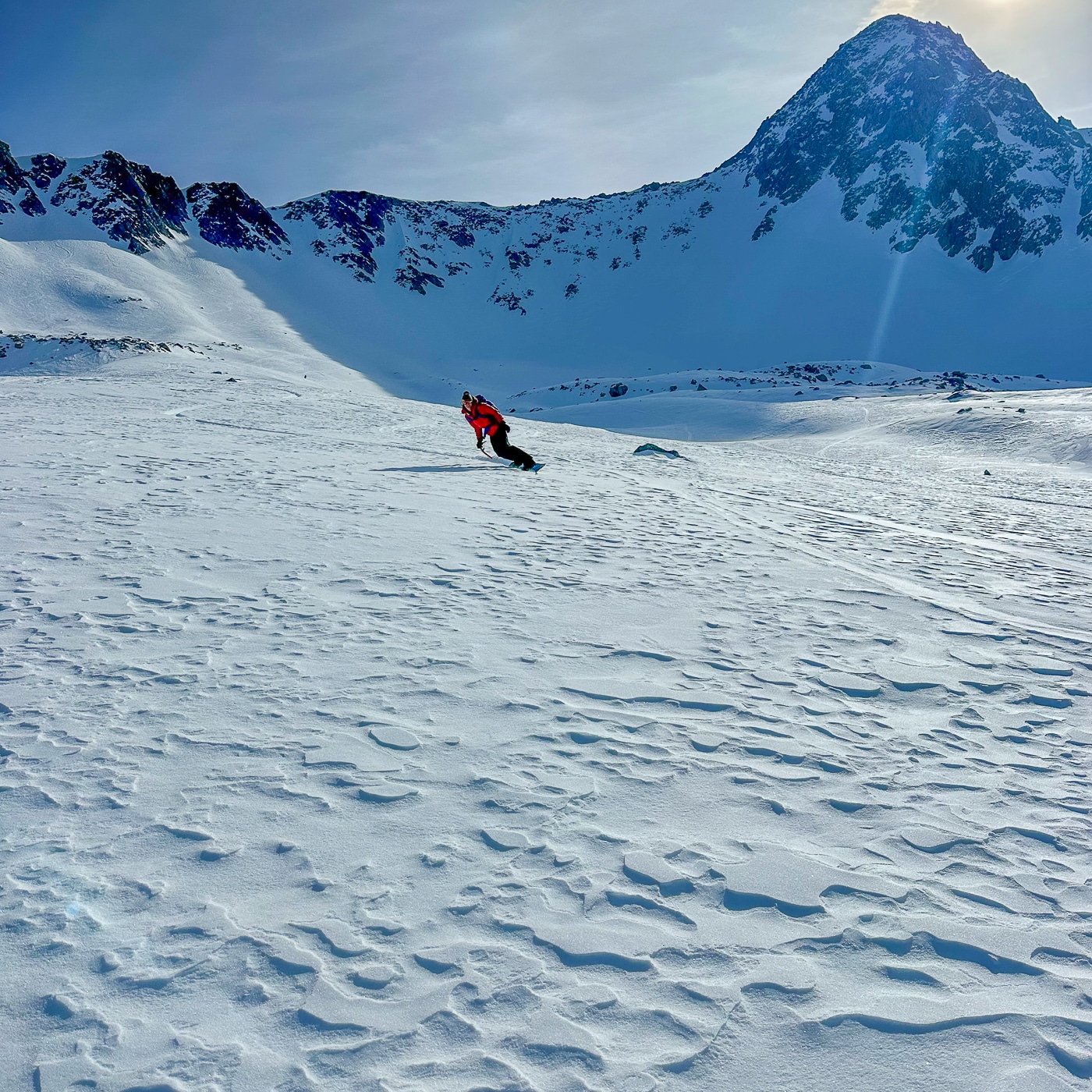I was surprised that I wasn’t surprised Thursday morning when alerted to the latest avalanche transceiver recall. Black Diamond Equipment recalled their new Pieps Pro IPS transceiver for potential issues with the battery compartment dimensions and using slightly smaller batteries than standard dimensions. In instances where the unit is jarred, the unit may either not turn on or, if already on, turn off.
Here in the U.S., we have a robust system for recalling products administered by the Consumer Product Safety Commission (CPSC). Although we won’t pivot and discuss the recall/voluntary recall process here, if you have been in the backcountry scene for a year or a decade, you know avalanche safety product recalls aren’t uncommon. For example, in the past few weeks, Barryvox issued a voluntary recall for their new Barryvox S2 and Barryvox 2 transceivers. We’ll get to this later in this download, but most, if not all, companies involved in developing and manufacturing transceivers have issued a recall/voluntary recall. BD/Pieps is not alone. Yet, they are alone regarding botched recalls, real physical consequences, poor spin, poor optics, and deviating from serving the community when they recalled many units a few years back.
In the case of the Pro IPS or Barryvox S2/S, is it safe to say lessons have been learned, and companies are incentivized to get way ahead of any potential recall by using our new sniff test? A test where a company initiates a recall at the slightest whiff of a possible malfunction. (In my eyes, this is not such a bad thing.) Monday-morning-quarterbacking on this Friday morning, the respective recalls were issued relatively quickly.
From an engineering and manufacturing perspective, considering the extensive quality control companies surely run prototyped and final iteration products through, it’s difficult to understand why we have what feels like all too frequent recalls regarding avalanche safety gear. Granted, transceivers, for example, involve complex engineering, and scaled manufacturing involves overseas production and reliance on outsourcing to keep costs reasonable. All those complexities can compound. Problems arise.
Nothing is perfect. But safety gear should land on perfect, with the occasional blip here and there, considering the issues noted above. Let’s not mince words: If I am using safety gear in the backcountry, I trust I (and my partners) know how to use the gear, and it will function properly 100% of the time.





